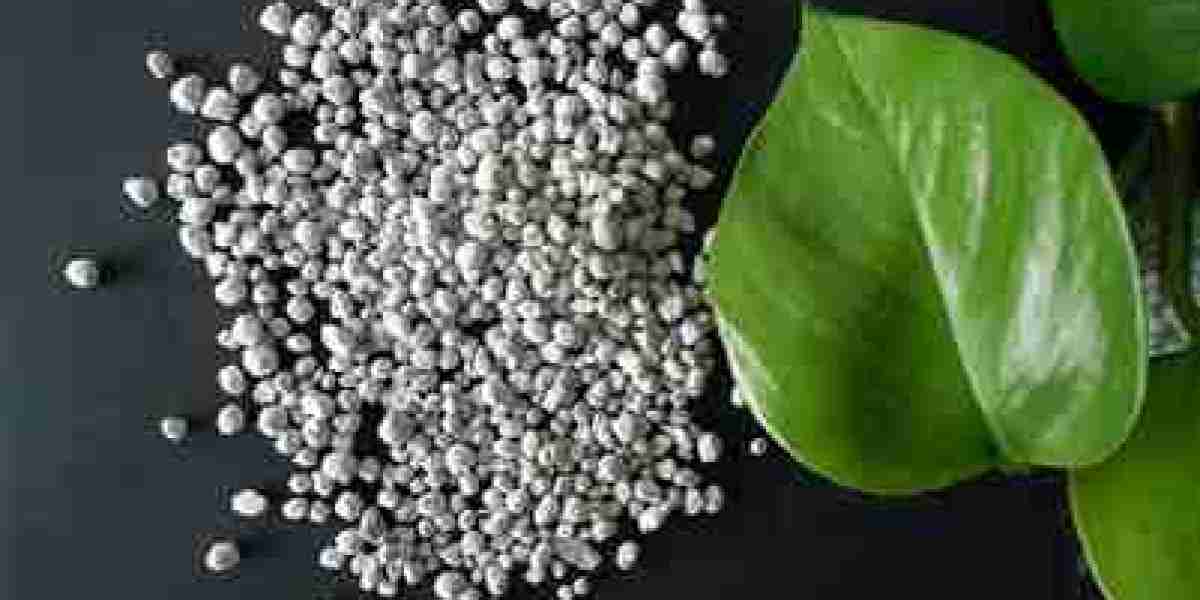Bulk blending is defined as the mechanical mixing of two or more granular fertilizer materials to produce mixtures containing nitrogen (N), phosphorus (P), potassium (K), and other essential plant nutrients. It allows small batches of high-analysis soil and crop-specific fertilizers to be mixed and transported economically & contributing additional profit for farmers and improving the environment because it provides balanced fertilization.
High-quality bulk blended fertilizer has the following characteristics:
- Granular and free-flowing.
- Components provide required plant nutrients homogeneously mixed.
- Free from segregation during handling.
- Quantities of nutrients reflect guaranteed analysis.
- Material is not dusty and is non-hygroscopic.
Bulk blending involves two vital components.
• Manufacture of high-quality granular fertilizers by basic producers at large strategically located factories.
• Bulk transport of these materials to relatively
Bulk blending fertilizer is popular because the process is easily accomplished, and the investment cost for establishing the factory is relatively small. This generally results in savings for farmers purchasing the fertilizer. Blends are usually high-analysis materials that cut transportation costs. Prescription bulk blends are agronomically sound so that high profits from increased yields and quality are realized by the farmer.








